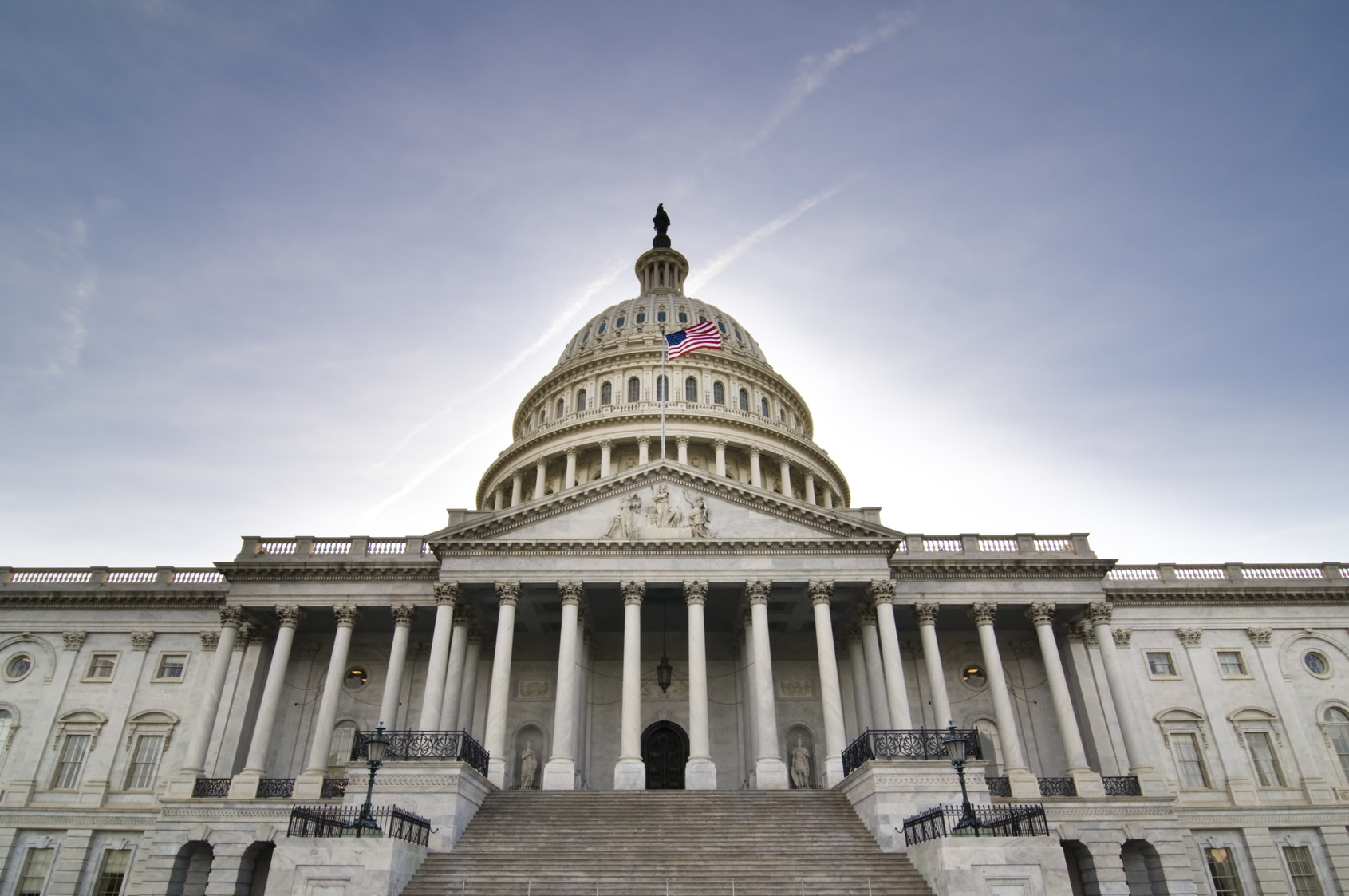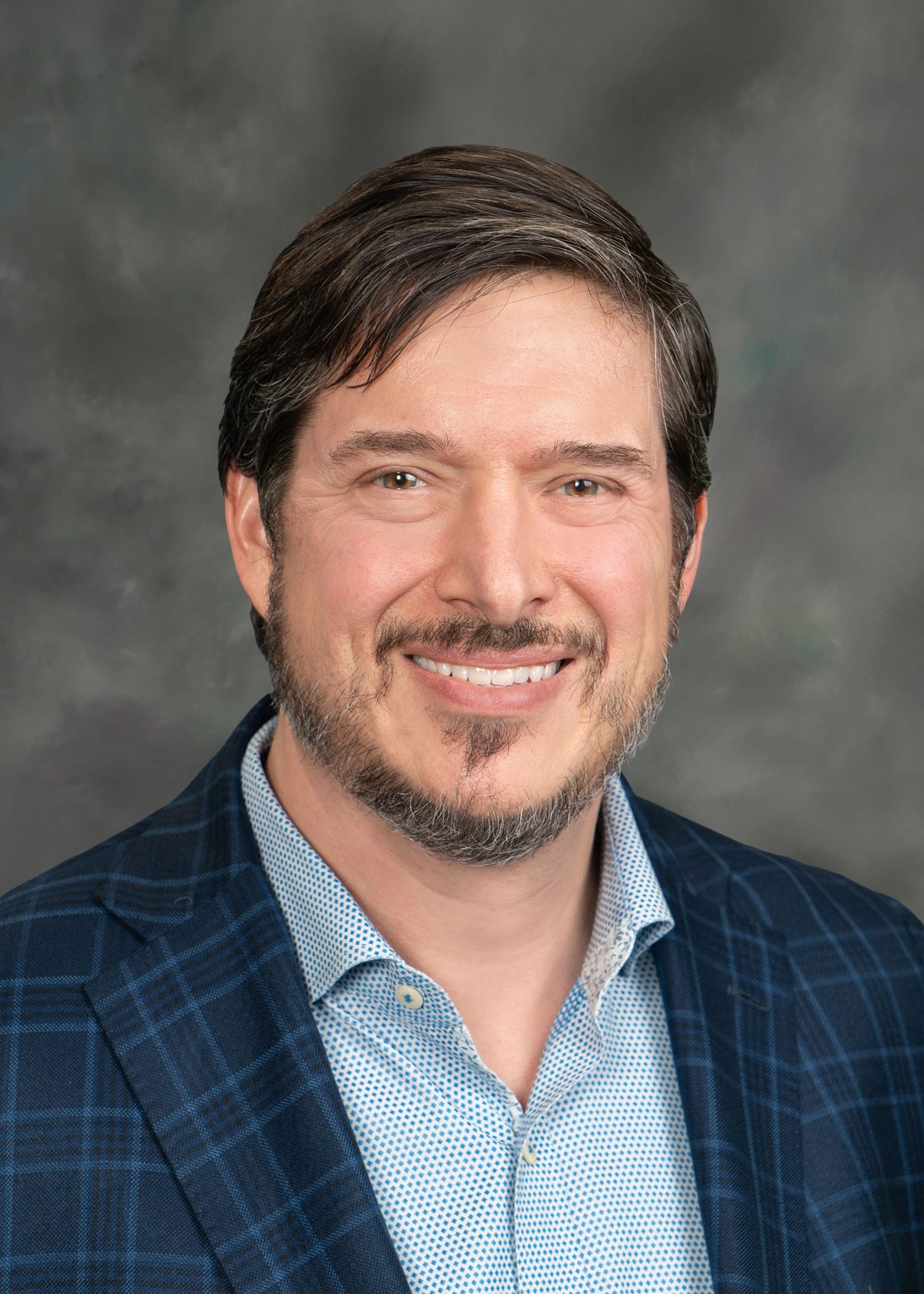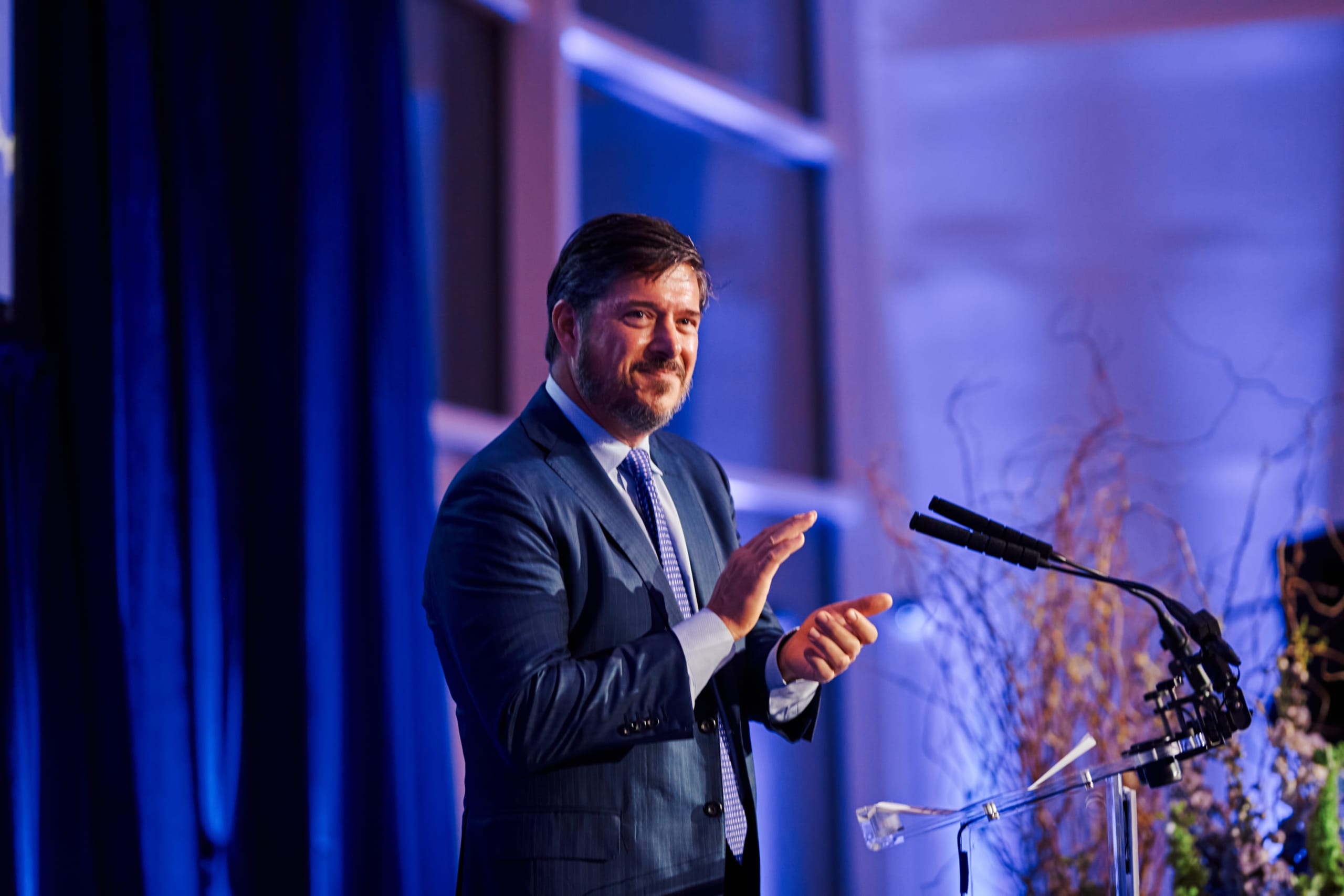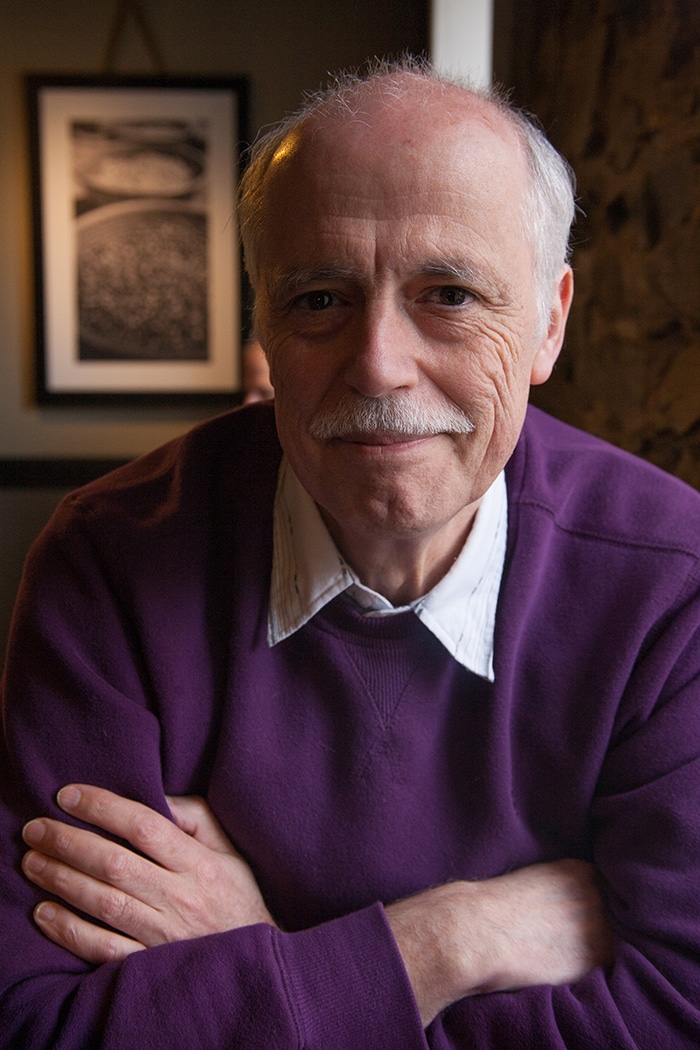
The Friends of the NIA (FoNIA) held a Capitol Hill briefing on June 22 on “Turning Discovery into Health: Learn about the Latest at the National Institute on Aging.” FoNIA is an independent broad-based coalition of more than 50 national aging, disease, research, and patient groups supporting the mission of the NIA.
The NIA, one of 27 institutes comprising the National Institutes of Health, focuses on supporting and conducting genetic, biological, clinical, behavioral, social, and economic research on aging. Its scientists seek to discover the reasons why we age and develop ways to extend healthspan, our healthy years of life.
The briefing kicked off with updates from NIA Director Dr. Richard Hodes and Deputy Director Dr. Marie A. Bernard on the latest groundbreaking research activities and outreach efforts within the organization. Dr. Neil Buckholtz, director of the NIA’s Division of Neuroscience, shared the results from the 2015 Alzheimer’s Disease Research Summit held in February.
Dr. Kathryn Jedrziewski, FoNIA co-chair and deputy director, Institute on Aging, University of Pennsylvania, gave insights on the role the NIA plays in advancing research at her institute.
Susan Peschin, MHS, FoNIA chair and president & CEO of the Alliance, concluded the briefing with a recap on recent FoNIA activities as well as an update on the policy front. She shared some encouraging news about NIA FY 2016 funding (and National Institutes of Health funding in general).
“This past week, we had an exciting surprise from the House Appropriations Labor, HHS Subcommittee,” said Peschin. “Their bill provides $31.2 billion for the NIH, $1.1 billion above the fiscal year 2015 enacted level. The bill also includes a more than 25 percent increase for the National Institute on Aging to $1.5 billion and a call for $300 million of that increase to be used for Alzheimer’s disease research.”
This research funding is a wise investment, noted Peschin, but she also cautioned more support will be needed to address the coming impact of an aging population and the expected rise in chronic diseases it will bring.
“We understand that things are tight, but we also know that this funding is the minimum essential to sustain research needed to make progress in attacking the chronic diseases that are driving significant increases in our national health care costs,” she said.





